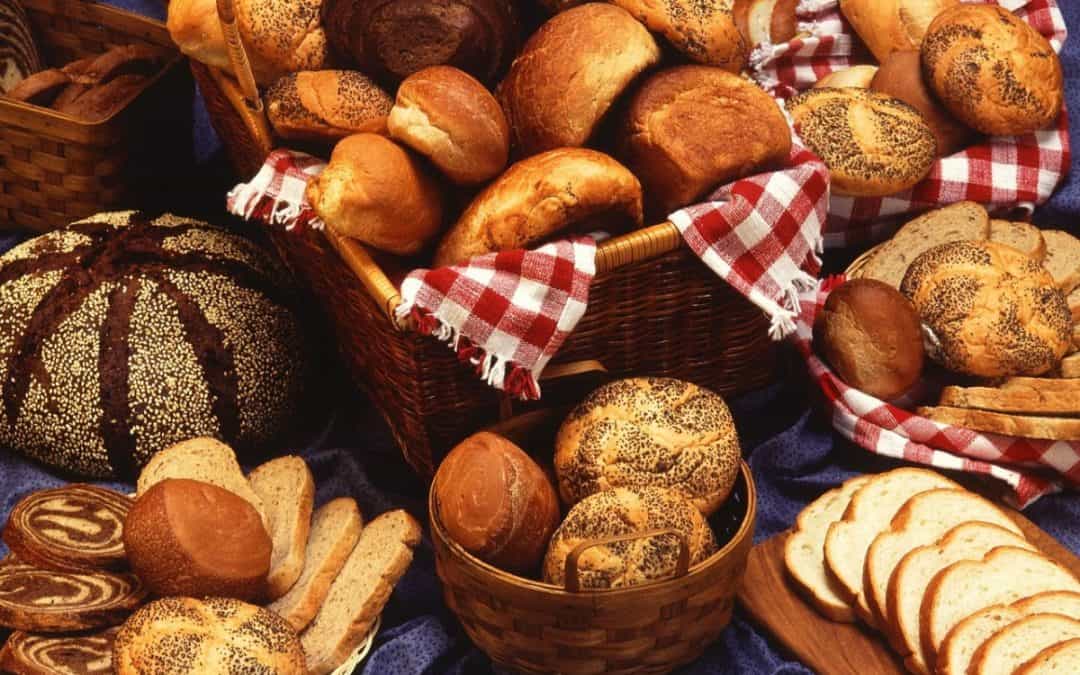Low carb stupidity – Believing that carrots, bananas, or tomatoes are fattening because they’re high on the glycemic index and because a popular fad diet book says so.
Low carb intelligence- Have Americans lost any remaining grip with common sense? With an average banana coming in at 120 calories do you really think that this yellow, nutrient-dense, low-calorie, all-natural, straight-out-of-the-ground fruit is going to make you fat? Compare that to the average serving of salad dressing, which clocks in at over 160 calories with absolutely no redeeming nutritional value whatsoever…
Perhaps carrots, bananas, and tomatoes have 5-10 more calories per serving than broccoli or cucumbers but try them against a “low carb bar” which clocks in at typically over 200 calories.
Low Carb Stupidity Believing calories don’t count if you just count carb grams. Didn’t we go through this years ago when we were a nation of “fat gram” counters ??
Low carb Intelligence
1. Knowing that fat loss or gain always did and always will boil down to the fact that if you eat more than you burn you will gain weight. If you eat fewer calories than you burn you will lose weight.
2. Taking the time to understand the caloric value of the foods that you are eating.
3. Learning to eat appropriate SINGLE servings instead of “supersizing” everything.
4. Keeping a food journal and taking some time to preplan and avoiding mindless “boredom” or “stress” eating.
5. Knowing that the June issue of consumer reports shows that Low-carb versions of comfort foods — bread, pasta, and ice cream — often contain more fat and calories than regular versions
Low carb Stupidity – Carbohydrates Make you fat, Protein makes you lose weight – We all know who started this one! People have somehow gotten it into their heads that weight gain is all about the carb grams, not the calories. People who quote this myth won’t touch a potato (100 calories, 0g fat), but then proceed to eat a 16oz steak for dinner (915 calories, 57g fat). They’ll refuse the hamburger bun (120 calories, 2g fat) but take an extra meat patty to make up for it (500 calories, 32g fat)
Low Carb Intelligence –
1. Realizing that If you eat more than you burn you will get fat, regardless of the source –
2. Realizing that if you eat less and you will lose weight –
3. Knowing that Some people on low-carb diets do lose weight initially, but this is due to primarily to the fact that they have cut overall calories or have lost an abundance of water and lean muscle.
4. Understanding that overdosing on protein and cutting out carbohydrates does not equal successful weight loss. It does, however, mean missing out on vital nutrients from healthy carbohydrate foods which should be part of any well-balance diet. If you’re considering a low-carb diet, remember to count your calories and nutrients first. You should also consult your doctor or health professional before making this life-style change.
Low Carb Stupidity Eating lots of manufactured, over processed, chemical laden low carb foods and thinking you’re “being good” and “following your diet.”
Low Carb Intelligence Realizing that natural, unrefined foods are one of the keys to lifelong weight control and that anything man-made and refined is neither healthy or an ideal “diet” food This bandwagon remind me of the “no fat” craze, when all those “fat free” foods were being passed off as healthy diet food, but were really highly processed and full of pure sugar and sodium –
Low carb stupidity – Selecting your beer or liquor carefully to make sure you have the brand with the fewest grams of carbs.
Low carb intelligence –
1. Realizing that a few grams of carbs don’t make all that much of a difference and that most “lo carb” beers have the same caloric content as “lite” beers Avoiding alcohol if you’re trying to lose body fat.
2. Drinking only in moderation if you’re trying to lose weight and be healthy
Low carb stupidity Thinking that very low carb (ketogenic) dieting is a maintainable “lifestyle.”
Low carb intelligence –
1. Understanding that reasonable (moderate) restriction of carbs can be a helpful short term strategy for fat loss, a legitimate method to control appetite, and an effective way for some people to control insulin.
2. Understanding that there are no bad foods only inappropriate amounts –
3. Understanding that the fact that most Americans eat when they are not hunger and don’t stop when they are full NOT carbs are the reason that 66% of Americans are overweight.
4. Understanding that a balanced diet of natural foods is probably the most suitable of all the diets for health, lifelong maintenance and weight control.
Low carb stupidity Believing that if you cut your carbs you do not need to exercise to lose weight and maintain that loss long term
Low carb intelligence Knowing that dieting is the worst way to lose fat and that exercise in combination with a healthy, balanced diet is the best way to lose fat permanently
Low carb stupidity Using the argument; “There’s no such thing as an essential carbohydrate” as justification for low carb dieting.
Low carb intelligence Realizing that textbook definitions of “essential” can be taken out of context to promote a fad diet and that just because there’s technically no “essential” carbohydrates (as there are essential amino acids and fatty acids) doesn’t mean carbohydrates aren’t “essential” in other respects.
Low carb stupidity Using the argument, “You have to eat fat to lose fat” as justification for a high fat, low carb diet, without explaining it or putting it in context (exactly how much fat and what kind of fat?)
Low carb intelligence Understanding the importance of essential and omega three fats (the good fats), but not taking any single nutritional principle to an extreme (such as, “If a little fat is good for you then a lot is even better.”)
Low carb stupidity Not clarifying your definition of low carbs.
Low carb intelligence
1. Realizing that there are “very low” carb diets, “low” carb diets, and “moderate” carb diets and that you cannot classify them all together. (Some people consider The Zone Diet, at 40% of calories from carbs, a low carb diet, others consider 40% carbs quite high).
2. Understanding the importance of “carbs” as a portion of your total caloric intake
Low Carb Stupidity – Thinking that all carbs are bad
Low carb intelligence – Understanding that there is quite a difference between an over processed, refined donut and a wholesome, nutrient laden potato.
Low carb stupidity Going on the Atkins diet (or any other very low carb/ketogenic diet) with absolutely no idea why you’re doing it or how it works (going on it because “everybody” is doing it and because you see it advertised everywhere.)
Low carb intelligence
Understanding that most of the weight loss is due to fluid loss .
Realizing that Americans eat an average of 200 calories a day more than they did 10 years ago and move far less
Understanding that if you eat 10 calories a day more than your body needs you will gain 10 pounds a year and blaming “Carbs” for the weight gain
Understanding that unless you make changes towards an overall healthful lifestyle most people will gain all their weight back the minute they “go off” the diet
Low Carb Stupidity – Believing that if you eat zero net-carbs, you will lose weight won’t gain weight . Buying into the carb-counting craze, food manufacturers have come out with a new term to sell their products. “Net carbs” is a deceptive way to count only the negligible carbohydrates that come from artificial sweeteners and sugar alcohols, and ignore the others from starch and regular sugars.
Low Carb Intelligence –
Realizing that sugar alcohol and fiber are not “nothing”, they still have calories Understanding that “Low-carb” labels are meaningless. In manufacturing low-carb products, sugars are replaced with “unnaturally high concentrations” of sugar alcohols, refined grains, and starches — all of which are carbohydrates and contribute to caloric intake.
3. Understanding that because these “replacement carbs” move through the small intestine without getting absorbed, manufacturers subtract them from the carb content. That’s the “net carbs” number listed on the product label
4. Realizing that the recent focus on low carbs will continue to draw people away from healthy eating and just provide them with another excuse to live off junk food
5. Remember, any “low net-carb” claim is diverting your attention away from the fat and calorie content of a food.
Article written by Dianne Villano, President of Custom Bodies Personal Training and Weight Loss Programs. Dianne is a personal fitness instructor certified through the National Academy of Sports Medicine with over 16 years of experience who specializes in weight loss programs and programs beginners.








